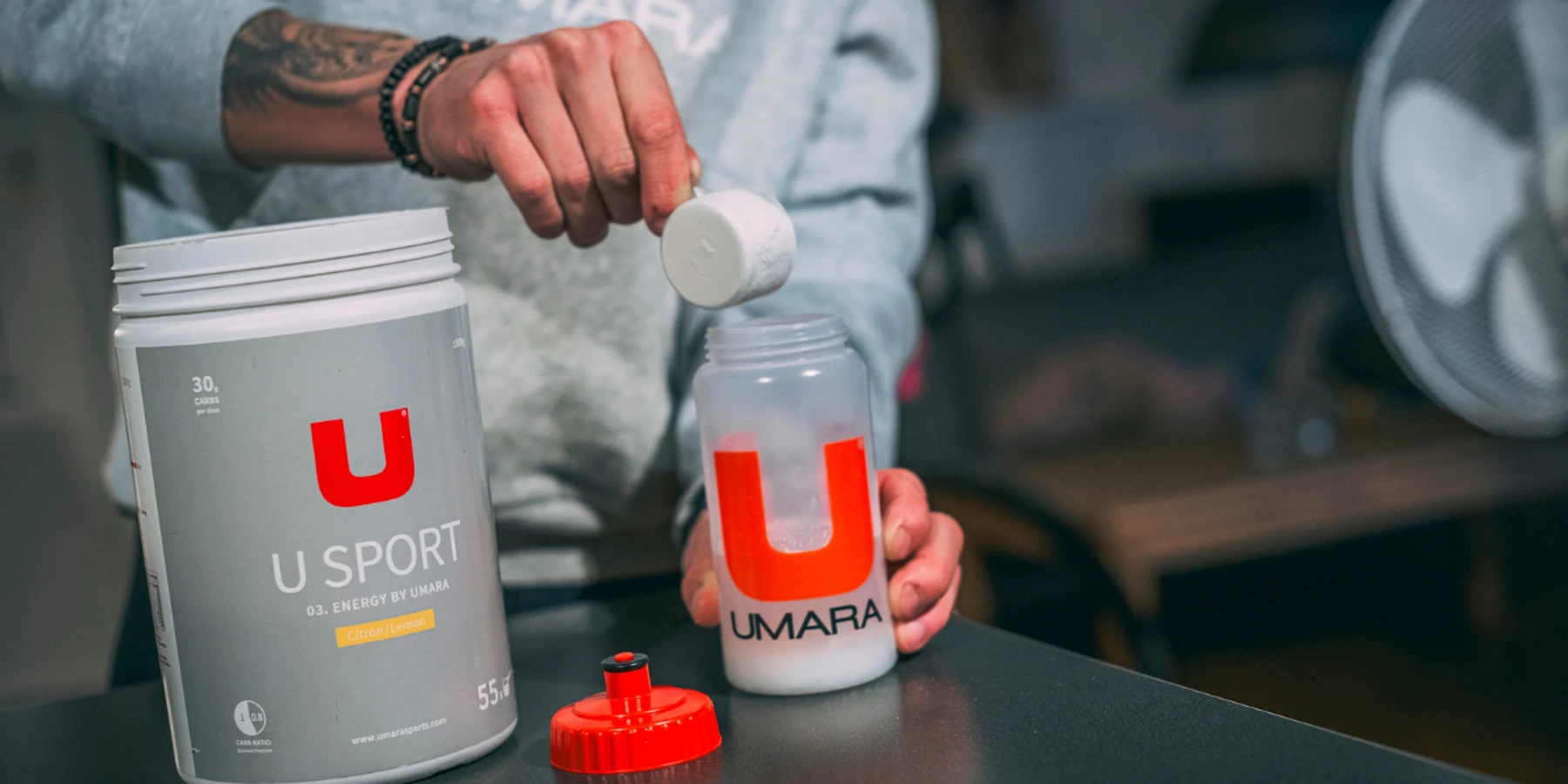
When do I need to replenish energy?
2min reading
When do I need to replenish energy?
In other articles under the "Learn More" section, you can read about the energy sources: carbohydrates, fats, and proteins. But when should you replenish this energy?Obviously, this depends on various factors: the duration of your activity, its intensity, what you consumed before the activity, and the goal of your training/competition. Your energy needs vary whether you're aiming to win the Triathlon World Championship in Kona or enjoying a social recovery ride on Sunday morning with your best friend.
With full glycogen stores, and when engaged in high-intensity physical activity, our reserves last approximately 2 hours. After this, muscle glycogen levels drop so low that muscle efficiency drastically decreases due to inhibited calcium handling in muscle cells. Hence, you should start consuming energy early in the race or competition, especially if you know you'll be active for an extended period at a medium-to-high intensity.
For high-intensity sessions, it's recommended to maintain a consistent intake of about 90g carbohydrates/hour. The intake can vary based on how much your stomach can tolerate and how well you've trained your energy absorption. Some manage 60-70g/h, while others can consume 120-140g/h. However, these extreme doses are primarily reserved for competitions and very high-intensity activities.
What about energy intake during an easy long session?
For such sessions, you might aim for a lower energy intake, perhaps only 20-30g of carbohydrates per hour. At low intensity, this is usually sufficient for 2-4 hours of activity without feeling overly fatigued, depending on your previous evening's dinner and breakfast.
Some choose to start their workout on an empty stomach and only begin consuming carbohydrates after 90-120 minutes to improve fat adaptation, following the training concept of "train low, compete high". However, if you deplete your carbohydrate levels too much during your workout, you'll feel more exhausted, which might affect subsequent training sessions. So, plan when these types of workouts should be conducted.
For workouts under 60 minutes, there's typically no need to replenish energy at all. It's more crucial that you've eaten sufficiently before the session and that your glycogen stores are full.
